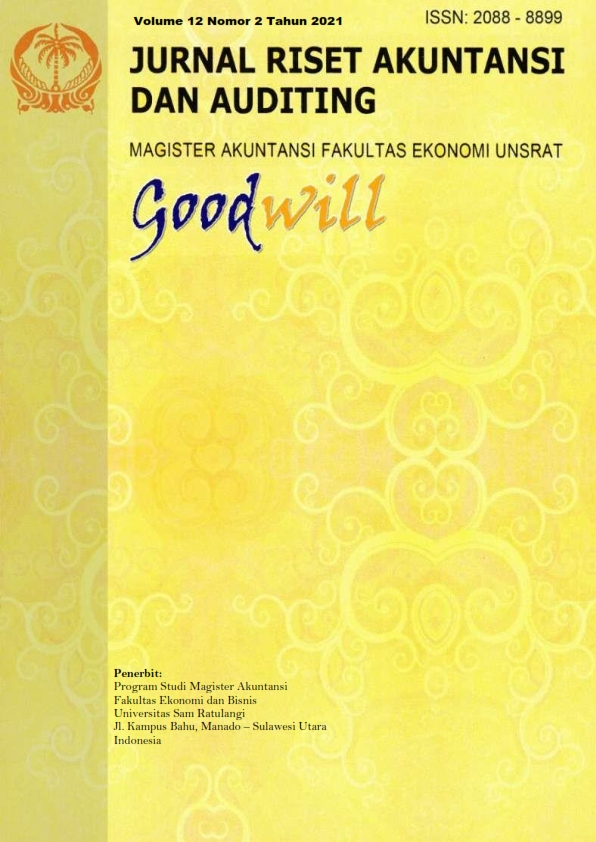IMPLEMENTASI UNDANG-UNDANG NOMOR 9 TAHUN 2017 TENTANG AKSES INFORMASI KEUANGAN UNTUK KEPENTINGAN PERPAJAKAN DAN IMPLIKASINYA PADA KEPATUHAN WAJIB PAJAK ORANG PRIBADI
DOI:
https://doi.org/10.35800/jjs.v12i2.36412Abstract
This study aims to find out how the implementation of Undang-Undang Nomor 9 Tahun 2017 concerning Access to Financial Information for Tax Purposes is and what its implications are for individual taxpayer compliance. By using a qualitative research method with a literature study approach to see how the implementation of this law, as well as a case study approach to see how the implications for individual taxpayer compliance. Data collection is done by dissecting the literature in the form of laws and regulations which are derivative products of this law, while case studies to see the implications are carried out by interviewing informants, asking for other data, and more specifically asking for their annual SPT reporting data. last year. The results show that with the implementation of this law the Directorate General of Taxes can obtain financial information about highly competent and valid taxpayers from Banking and Other Financial Institutions, so that through the Account Representative at the Tax Service Office (KPP) they can immediately follow up with Letter of Request for Explanation of Data and/or Information (SP2DK) and or conduct a Tax Audit based on that data/information. So that it gives strong implications for individual taxpayers to report all circulation of their business, report the list of assets in truth, and if there is other income derived from the use of these assets and other investment results from these assets, the taxpayer will pay the tax and report it. on the Annual Tax Return Form.

